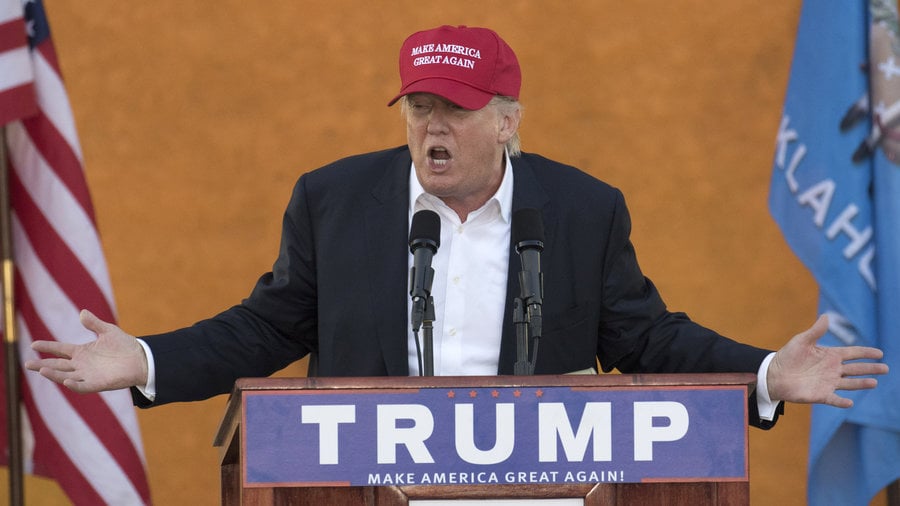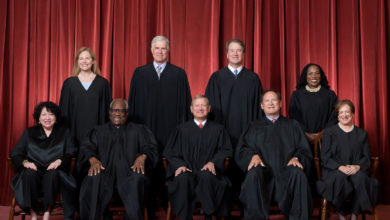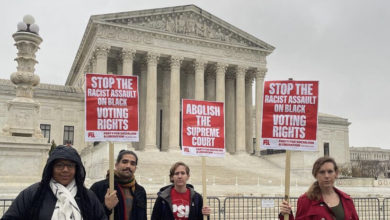A 2-1 decision by federal judges on the 8th Circuit Court of Appeals has raised the prospect that hundreds of thousands of mail-in votes will not be counted in the critical swing state of Minnesota. The ruling, issued last night, orders that ballots that do not arrive by election night be labeled “late” and not immediately counted, even if they are postmarked before voting ends. This reverses a policy announced by the Minnesota Secretary of State due to the pandemic under which votes that arrive up to one week after election day will be counted as long as they are postmarked Nov. 3 or earlier.
It remains to be determined what will happen to the ballots placed in the “late” category. The appeals court decision appears to set up a scenario where a high-stakes legal battle could determine who receives the crucial electoral college votes from Minnesota — should the “late” ballots be added to the final official tally or not?
Such a question could be determined by the U.S. Supreme Court, which now includes the newly-appointed, ultra right-wing Justice Amy Coney Barrett. The danger that the late-arriving ballots will be disqualified is so great that many prominent Democrats in the state are urging their supporters to scrap their plans to vote by mail and instead vote in person.
The legal challenge was brought by Republican politicians who calculate that people who vote by mail are far more likely to be Democrats than supporters of Donald Trump.
The same logic has led to similar court battles in other states. In Wisconsin, another one of the most hotly-contested states in the country, the U.S. Supreme Court ruled that mail-in ballots could not be counted if they were received by authorities after election day, even if they were postmarked on or before election day. This reversed a lower court ruling that was favorable to voting rights.
The status of late-arriving (but sent-in-time) ballots in Pennsylvania is also in doubt. Prior to Barrett’s confirmation, the Supreme Court deadlocked 4-4 on the question, which meant that a lower court ruling in favor of counting all the votes remained intact. In anticipation of Barrett officially joining the court, Republican operatives refiled a lawsuit in the state shortly thereafter. The Supreme Court deferred the issue earlier this week, but may still take up the question before the winner of the election is announced.
Coupled with racist voter intimidation efforts, the attempts to prevent votes from being counted in Minnesota, Wisconsin, Pennsylvania and other potentially divisive states is clearly a core part of Trump’s re-election strategy. One need not be a supporter of Joe Biden to oppose this maneuver as an attack on democratic rights with potentially far-reaching and long-lasting implications.






